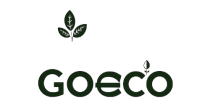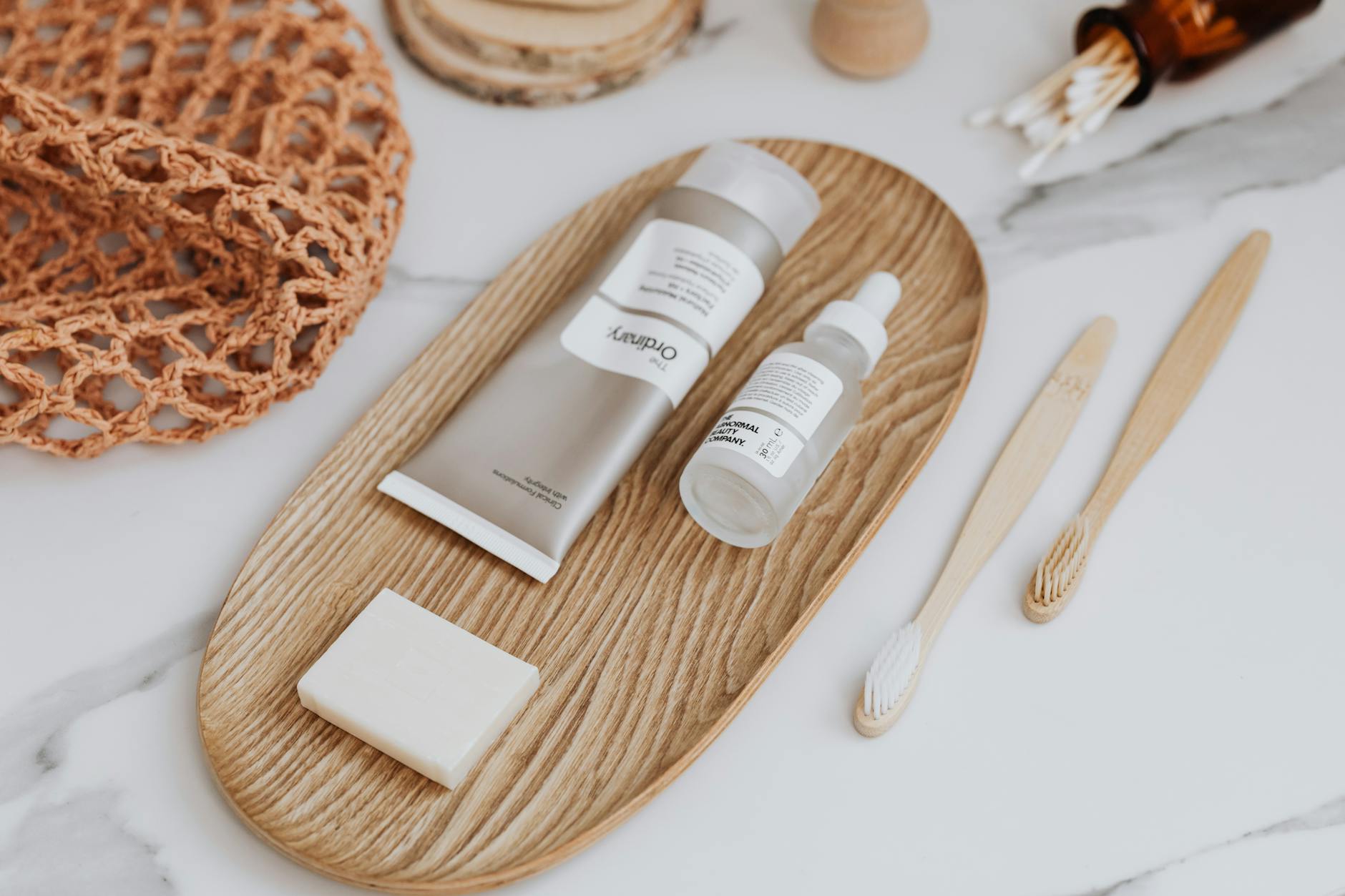Wooden Toothbrushes: Embracing Sustainability in Dental Care
In today’s era of heightened environmental awareness, the push for eco-friendly alternatives has extended to all corners of our daily routines, including dental care. As the world grapples with escalating plastic pollution, the spotlight is increasingly turning towards sustainable alternatives. Wooden toothbrushes have emerged as a popular choice for individuals looking to minimize their ecological footprint. These eco-friendly oral care tools not only contribute to reducing plastic waste but also offer a natural and biodegradable alternative. Let’s delve into why wooden toothbrushes are the best eco-friendly choice for zero waste campaigns.
Why Choose Wooden Toothbrushes?
Wooden toothbrushes are crafted from sustainable, biodegradable materials, primarily bamboo—a fast-growing plant that requires minimal water and no pesticides to thrive. Unlike traditional plastic toothbrushes that end up in landfills and oceans, wooden toothbrushes decompose naturally, effectively reducing environmental impact.
Durability and Effectiveness
Contrary to common misconceptions, wooden toothbrushes are durable and offer the same level of effectiveness as their plastic counterparts. The bristles used in these toothbrushes are often made from recycled materials, ensuring a thorough cleaning experience without compromising on quality.
Zero Waste Campaigns and Sustainability Goals
For individuals and organizations aiming to align with zero waste campaigns and sustainability goals, transitioning to wooden toothbrushes represents a meaningful step. By incorporating eco-friendly alternatives like wooden toothbrushes into daily routines, we can collectively work towards a greener and cleaner planet.
Biodegradability and Environmental Benefits
Wooden toothbrushes score high on the biodegradability front, unlike plastic toothbrushes that can take hundreds of years to decompose. This inherent trait makes them a sustainable choice that minimizes long-term environmental harm, especially in marine ecosystems where plastic pollution poses a significant threat.
Supporting Ethical and Eco-Conscious Brands
When opting for wooden toothbrushes, consumers also have the opportunity to support ethical and eco-conscious brands that prioritize sustainability and environmental responsibility. By choosing products from these brands, individuals contribute to a larger movement towards a more sustainable future.
Tips for Using Wooden Toothbrushes
To maximize the benefits of wooden toothbrushes, it is essential to keep them clean and dry between uses to prevent mold growth. Additionally, replacing your toothbrush every three to four months or as soon as the bristles show signs of wear ensures optimal oral hygiene.
Conclusion
Wooden toothbrushes have rightfully earned their place as a key player in the journey towards a more sustainable and eco-friendly lifestyle. As we collectively strive to reduce plastic waste and protect the environment, embracing alternatives like wooden toothbrushes becomes not just a choice but a responsibility. By making conscious decisions in our oral care routines, we can contribute to a cleaner, healthier planet for current and future generations. It’s time to switch to wooden toothbrushes and take a step towards a greener future.




